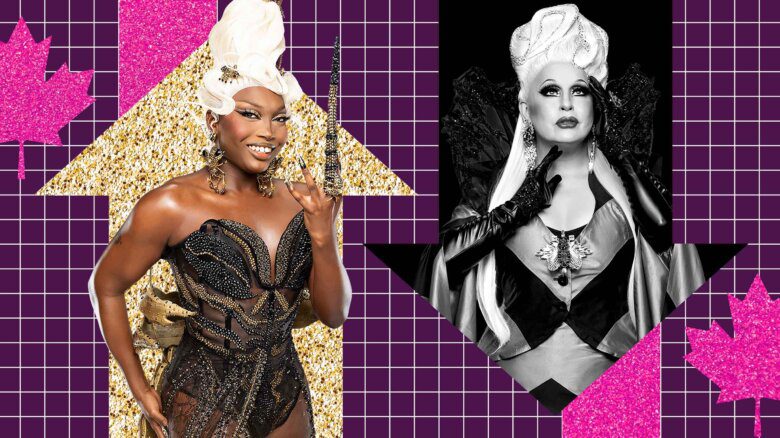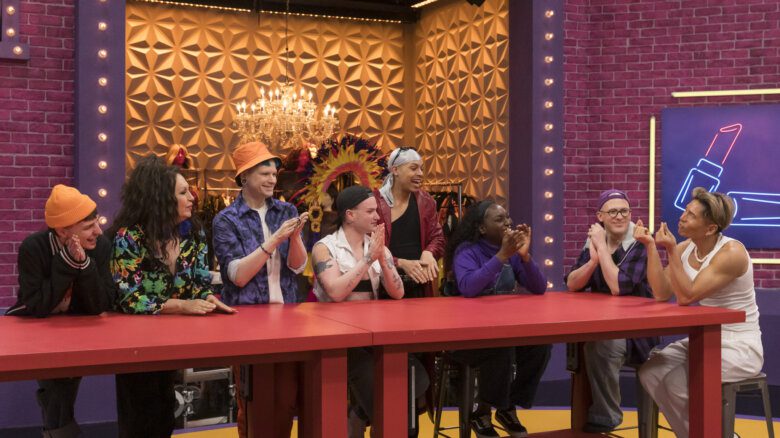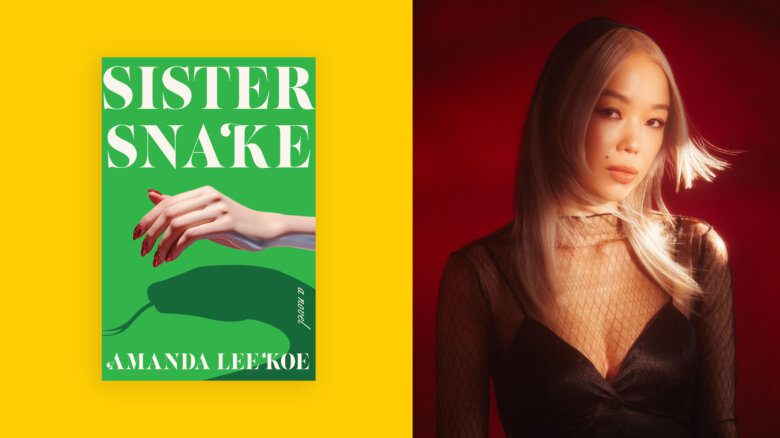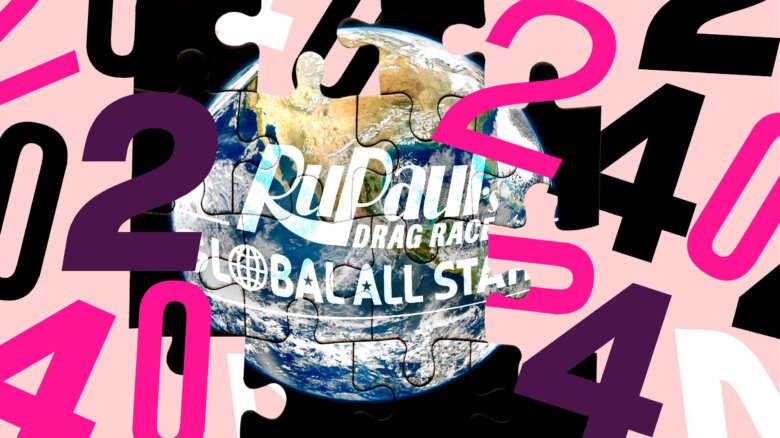Queer athletes around the world are going to have to make a hard choice in 2006.
Normally, gay and lesbian sports fans would be looking forward to the 2006 Gay Games, originally scheduled to be held in Montreal. But following Montreal’s angry split with the Federation of Gay Games over questions of control, the city has decided to hold its own event.
And the FGG – the international body in charge of the Gay Games – has countered by deciding to move the official Gay Games VII to either Chicago or Los Angeles.
All of this has left athletes in a quandary over what to do. With two gay games in 2006 – one sanctioned by the FGG and one not – how will they decide where to go?
“The main issue is a cost issue – can we afford to go or not?” says Kenneth D’Souza, a water polo player with the Toronto Triggerfish. “If I could afford to go to both, I would definitely do that. Most people I know wouldn’t be able to afford to go to both. They’ll have to make a choice.”
The organizers of the Montreal event – now called the Rendez-Vous Montréal 2006 Games – are confident that the world’s athletes will choose to come to Quebec.
In November, they issued a news release citing the findings of an Équipe Montréal survey of 675 GLBT sports teams worldwide. The results, it said, were overwhelmingly positive: “More than 90 percent of responding teams confirmed their intention to attend Montréal 2006, regardless of the FGG’s approval. Even a conservative extrapolation of these results allows us to predict… that we are already sure to exceed 16,000 registrants, 43 percent of which will come from the United States.”
But with the opportunity of competing in the official Gay Games on home turf, many aren’t so sure.
“I received an e-mail asking if [we] would be willing to participate in [Montreal’s] games,” says Juan Ramirez, founder and coach of Chicago Riptide, the Windy City’s year-old gay and lesbian water polo team. “I responded that if it didn’t conflict with the Gay Games, then we would be more than happy to attend.”
Best intentions aside, though, Ramirez agrees with Toronto’s D’Souza that cost will be a deciding factor.
“If we have enough funds to go to just one, we’ll have to decide which one to go to. We’ll have a vote among team members and we’ll decide which tournament will better benefit us. If it’s between Montreal and the Gay Games, most likely the team will vote for the Gay Games.
“It’s the Gay Games. It’s like going to the Olympics. I mean who doesn’t want to go the Olympics? It’s a milestone for us.”
As a Canadian living in the US, Garth Masik is considering participating in both Rendez-Vous and the Gay Games. As a board member of the West Hollywood Aquatics, however, he also thinks that the prestige of the Gay Games may sway many people on his team to bypass Montreal for Chicago or LA.
“The Gay Games is the big event. That’s what everybody is gearing up for. It’s like the Olympics for the community,” he says. “Montreal’s going to do their little thing, but we’re going to go to the Gay Games.”
Ramirez says the decision is unlikely to be swayed even if Montreal is successful in attracting other athletes.
“I sort of believe the team will decide to go to the Gay Games, whether it’s held here in Chicago or in LA. It doesn’t matter whether Montreal is going to hold such a big event, the fact that there are the Gay Games and that they’re going to be held here in the States, I think there’s going to be a better turnout.”
But D’Souza says that, at least for Canadian athletes, Montreal will be a major attraction. He says he will definitely be heading to Montreal, if faced with the choice between Rendez-Vous and an American-hosted Gay Games.
“Just being at a tournament with international competitors and being Canadian and playing in a Canadian city I think would be much more fulfilling than being elsewhere.”
And the Montreal organizers say they think the rest of the world will come around to that way of thinking.
Mark Tewksbury, an Olympic gold medallist and the co-president of the Montreal 2006 Gay Games Organizing Committee, says the Montreal event is much better prepared.
“I want to go where there’s going to be the best competition, where there’s going to be the coolest facilities, where I get to walk in an opening ceremony and look at the stadium. That’s the experience I want. So I’m going to choose the place that’s going to give me that. I think athletes, at the end of the day, they don’t care about politics.”
In fact, Tewksbury says the Gay Games, whether in Chicago or LA, simply won’t have enough time to organize things properly. With less than 1,000 days to go, whichever of Chicago or LA wins will have little more than two years to organize a financially sound event.
“It depends what the FGG does and what kind of contract they hold a new city to,” says Tewksbury. “I think that it would be impossible to do an event like the one we proposed to the FGG in less than two years, for sure.
“The money it takes to deliver these things doesn’t just appear. It’ll be interesting to see how the Gay Games, if there is a Gay Games VII, how it will fund itself, how it will turn a profit, how will it provide the best venues for the athletes to do the sport.”
At press time, an interview request to the Federation of Gay Games remained unanswered.
Tewskbury says the Rendez-Vous organizers are just going to continue forging ahead.
“We’re going to deliver a magnificent event. It’s in the Olympic venues, the city is completely on-side, people are excited… and people love Montreal as a destination. So I think that, regardless of another event happening or not, Montreal’s still going to be a great event.”
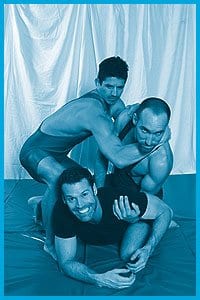
 Why you can trust Xtra
Why you can trust Xtra